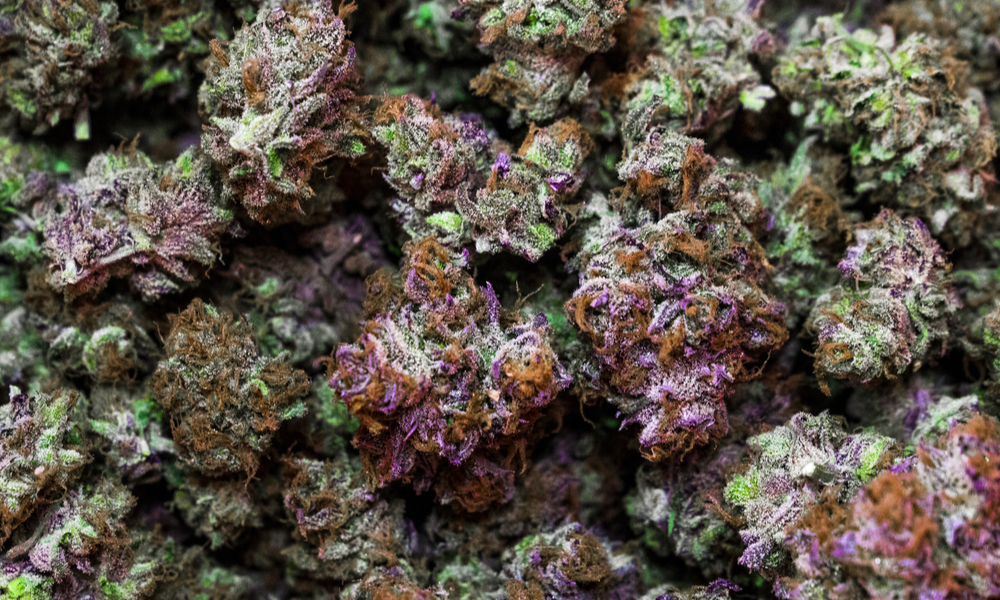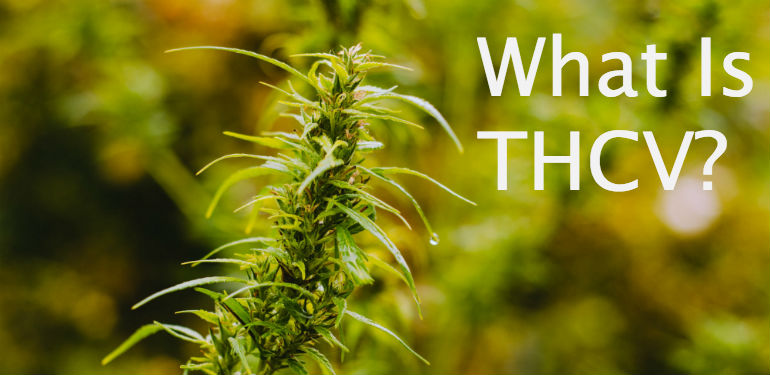Tetrahydrocannabivarin (THCV) is a cannabinoid substance found in cannabis and hemp plants. It's chemically similar to tetrahydrocannabinol (THC) but with some crucial distinctions. Here's everything you need to pbase.com/topics/cionerpohk/bjlazwc495 understand about THCV including the risks, benefits, differences, and resemblances with other kinds of THC and more. What Is THCV? THCV is a less common cannabinoid found in some strains of marijuana, particularly African sativa.
 The Therapeutic Value of THCV • truPhys
The Therapeutic Value of THCV • truPhys
 THCV vs THC: What Are the Differences? Articles Analytical Cannabis
THCV vs THC: What Are the Differences? Articles Analytical Cannabis
 What is THCv Cannabinoid Explained - leafipedia.net
What is THCv Cannabinoid Explained - leafipedia.net
THCV has a 3-carbon side chain rather than THC's 5-carbon side chain. This distinction is subtle, but it has a visible impact on the impact profile. THCV is rather psychedelic but just about and about. What Does THCV Feel Like? THCV has Have a peek here a strong energy-boosting part to it, that makes it specifically popular amongst trainees and professional athletes.
In the United States, THCV policy is nuanced. THCV is not an Arrange I Drug, but marijuana extracts are making it rather uncertain what the federal position is on THCV. The 2018 Farm Costs mentions that hemp plants and all derivatives of the plants are legal on a federal level, so many business comply with this law Find more information and still provide THCV to customers by just extracting the compound from hemp plants.
If THCV is considered a THC analog, it could be managed in the future by the very same rules as THC under the Federal Analog Act. This act mentions that any compound that shares a comparable molecular profile as a recognized forbidden compound it's consisted of in the very same drug Arrange classification.
What Are the Impacts of THCV? Supporters of THCV report that it produces an intense burst of energy and makes them feel euphoric without the psychological cloudiness caused by THC. The results are very mild compared to THC. The results are almost exclusively cognitive yet in some way have very little effect on headspace.
2. THCV & Cravings Some THCV users declare that it curbs their hunger. This is a common effect of other focus-enhancing compounds as well. It's as though THCV gets rid of the distraction of other bodily processes (like appetite) in order to maintain resources and attention to cognitive tasks rather. How Does THCV Work? Cannabinoids produce biological effects in the body by engaging with endocannabinoid receptors.
CB1 receptors are situated in the nervous system and engage with neurotransmitters in the brain to produce mind-altering impacts. Interaction with CB1 websites is what provides some cannabinoids like THC their psychoactivity. THCV is a bit difficult to understand because it's mainly a CB1 villain, meaning it has the opposite effect as THC.
While researchers are still looking for to understand this procedure, it appears THCV is able to obstruct the results of CB1 in low doses and stimulate them in high doses. CB2 receptors are found mostly in the body immune system. THCV is a partial agonist of CB2, but the results of this partial activity aren't widely known, and it relatively has no noticeable influence on THCV users' experience.
As pointed out in the previous section, THCV is a CB1 villain in low doses which is the exact opposite impact of delta 8 and delta 9 THC. This might indicate that THCV combats some of the psychoactive impacts of THC. This effect might discuss why people who use THCV feel so clear-headed specifically compared to the notorious "fogginess" induced by delta 9 THC.